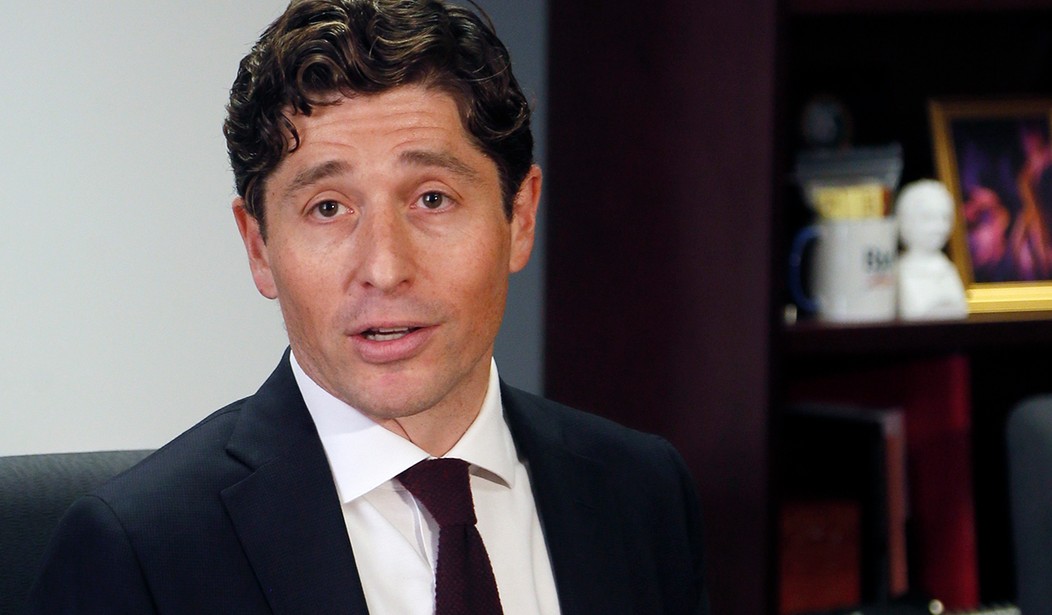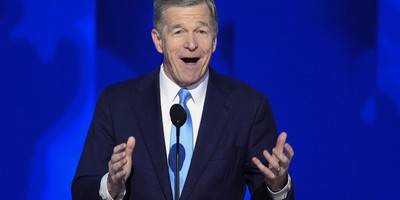Voting is our people’s greatest mechanism for change. It is arguably our only avenue for which we peaceably exercise our free will to guide the course of a nation which delicately and admirably struggles to balance personal freedoms with the collective good.
Too much of the national conversation surrounding calls for change in the aftermath of George Floyd’s death fails to stress the closest mechanism of change that can have an immediate and direct impact on the intersection of policing policy and race relations: voting in local elections.
Sadly, in today’s America, it’s more important to stand in line for hours awaiting a new iPhone release than to spend time in line to vote for local candidates who directly impact the way policing in communities is conducted as well as which budgetary items will take priority.
Some of the most populated areas in our country experience extremely low voter turnout, and even worse, have little to no discourse among parties or individuals of competing, creative, or innovative ideas as to the best way forward - or even a collectively expressed communal value in participating in “the process”.
Instead, Americans of all colors and backgrounds are forced into a binary choice at best, if not an array of boring same-party candidates so indistinct most voters glaze-over and disengage consequently yielding to big money and heirs-apparent to decide their primaries. What’s left is an underwhelming sense of sameness and stagnation for anyone exiting the general election voting booth.
Recommended
Outliers aside, and they are few, that’s the norm. “Will real and lasting change come?” they wonder. Likely not. This is especially true when it comes to race relations and policing. Too many of America’s great cities have been under one-party control while trying to grapple with mismanaged budgets and entrenched special interests demanding more of the public’s money.
But, does that mean opportunity for change is an allusion? No. One of America’s greatest beauties is that our people are truly in control - and our first obligation to exert that control is voting.
Too many arguing the contrary expend otherwise useful energies fueling excuses of rigged systems. Worse, the excuse-makers prop-up groups calling out the problems but never mobilizing people toward considering conservative or libertarian approaches, or even moderate independent candidates, particularly in urban and minority America.
Over decades, that system has churned-out one ineffectual bureaucracy after another, with nothing to show for minority communities than the same old unfulfilled promises. The worst result is on plain display with America’s major cities grappling with both civil protests and several elusive criminal entities meant only to agitate, inflame, hurt, and even kill people while destroying businesses in our communities. The agitators capitalize on our divides among our people which is a result of the erosion that binary thinking has wrought on our national consciousness.
What our nation’s cities and disenfranchised populations need most is a renewed sense of duty to vote for candidates in local elections who will not only embrace doing what is right over what is politically expedient but will assert their calls for change by proposing local policies that make a direct and prescriptive impact on policing.
Mayoral, city councilmembers, county executives, sheriffs, state representatives and senators have the most direct impact on the tangible changes so many are seeking. It is these positions which determine the course of budgets, negotiate with unions, hire and fire police officials, and implement reforms and oversight structures of public services.
Few will discredit national efforts for sweeping changes, and there are several options expected for votes in Congress, but what America’s burning communities need most is a greater diversity of discourse at the local level.
The people must question their mayors, who are overwhelmingly Democrats, and the city councils. They must question those leaders’ dealings and negotiations with police unions and public bureaucracies to secure fair mechanisms of discipline and oversight. Should the establishment leadership fail their people, new leaders should be elected to implement policies which settle these inequities permanently - but voters need choices and new ideas.
No one promised the process of keeping democracy alive would be easy, smooth, or predictable. In fact, it is because democracy is hard that we must embrace the never-ending work of solving the issues of our day.
Every American should reexamine who leads our cities and governs our municipalities. We must register to vote - and then vote. We must throw our hats in the ring for candidacies, and all of us would be better to free ourselves of the toxic binary thinking that fuels politics, not policy.

























Join the conversation as a VIP Member